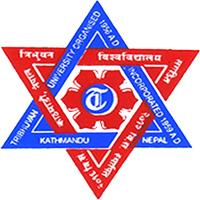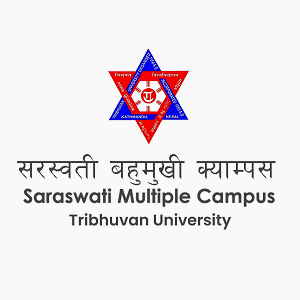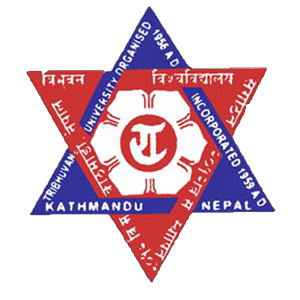Overview
MA in Rural Development at Padmakanya Multiple Campus, Kathmandu (affiliated with TU)
Course Overview:
The Master of Arts (MA) in Rural Development at PK Campus is a postgraduate program designed to equip students with theoretical knowledge, practical skills, and research capacities in rural development. The course emphasizes understanding rural societies' socio-economic and cultural dynamics and devising strategies for sustainable rural development.
Course Outlines:
The MA in Rural Development encompasses a broad curriculum; some of the core subjects include:
-
Concepts and Principles of Rural Development
-
Rural Economy of Nepal
-
Rural Sociology and Anthropology
-
Rural Development Policies, Strategies, and Programs
-
Participatory Approaches in Rural Development
-
Sustainable Rural Livelihood
-
Research Methods in Rural Development
-
Rural Development Challenges and Case Studies
-
Rural Governance and Leadership
-
Disaster Risk Reduction and Management in Rural Context
Duration:
The MA in Rural Development spans two academic years and is divided into four semesters.
Objectives:
-
To comprehensively understand rural development concepts, principles, and practices.
-
To develop analytical skills to address the challenges faced by rural communities.
-
To foster a sense of commitment to sustainable and equitable rural development.
-
To train students in research methodologies relevant to rural contexts.
Eligibility:
Candidates should have a Bachelor's degree from a recognized institution in any discipline.
Learning Outcomes:
Upon completion of the course, students will:
-
Possess a profound understanding of the intricacies of rural development.
-
Design, implement, and evaluate rural development projects and policies.
-
Exhibit a strong ethical commitment to inclusive and sustainable rural growth.
-
Demonstrate research capabilities in rural contexts.
Scope:
With an MA in Rural Development, graduates can work in various sectors, including government rural development agencies, non-governmental organizations, international development agencies, research institutions, and more.
Fees Structures:
For a detailed fee structure, students are advised to contact the administration office of PK Campus.
Career Prospects:
There is a consistent demand for rural development professionals in Nepal and other countries with significant rural populations. Graduates can participate in policy-making, project management, research, and grassroots activism.
Career Options:
-
Rural Development Officer
-
Project Coordinator/Manager in NGOs/INGOs
-
Researcher in Rural Development
-
Policy Analyst
-
Grassroots Activist
Why Choose this Course:
-
Opportunity to make meaningful contributions to society by uplifting rural communities.
-
Engage in multidisciplinary studies ranging from sociology, economics, anthropology, and more.
-
There is a high demand for rural development experts in both the public and private sectors.
-
Opportunities for fieldwork and hands-on experience.
Scholarship:
PK Campus provides scholarships to meritorious and deserving students based on criteria set by the institution. Detailed information can be acquired from the campus administration.
Contact Padmakanya Multiple Campus's administrative office for detailed information on the MA in Rural Development course, including fees, scholarships, facilities, counseling, eligibility criteria, etc.

















